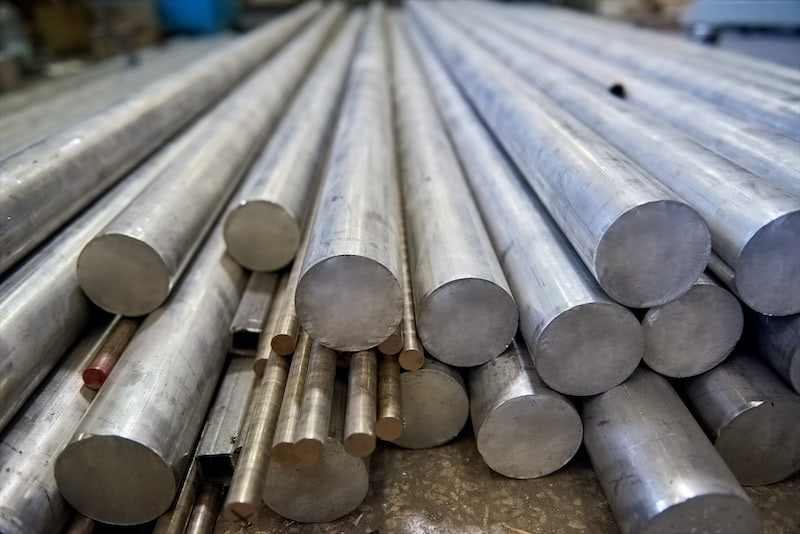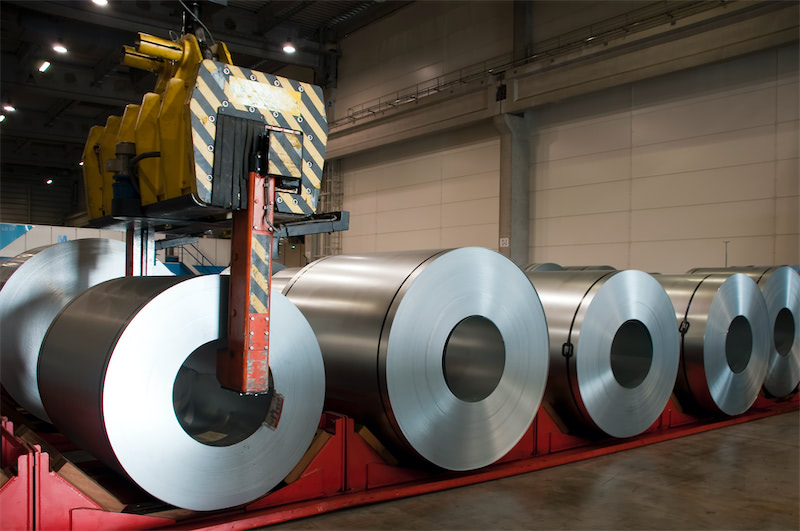According to South African media reports, the Energy Regulator Committee of the National Energy Regulator of South Africa (Nersa) has approved Eskom's application for a 12.74% electricity price increase. The committee also approved Eskom's electricity price hikes of 5.36% and 6.19% for the 2026/27 and 2027/28 fiscal years, respectively. This decision is lower than the 11.8% and 9.1% increases requested by Eskom in its sixth Multi-Year Price Determination (MYPD6) application. The electricity prices for direct customers will take effect on April 1, 2025, while municipal electricity prices will take effect on July 1, 2025.
The electricity price increase for the 2025/26 fiscal year is significantly lower than Eskom's requested 36.15% but still higher than the inflation-linked increases proposed by many stakeholders during public hearings in November and December. The consumer inflation rate in December was 3%, while the average annual inflation rate was 4.4%, lower than the 6% average in 2023. Additionally, Nersa faced certain political pressure to control electricity price increases, as South Africa's Minister of Electricity and Energy, Kgosientsho Ramokgopa, previously stated that Eskom's proposed 36.15% increase was unaffordable and unsustainable.
Minister Ramokgopa welcomed the decision in a statement while acknowledging that it would place pressure on Eskom. He stated that the government remains committed to working with Eskom to drive greater efficiency improvements. However, Ramokgopa noted that the approved electricity price adjustments took into account the need to alleviate inflationary pressure on communities and businesses. The South African government will introduce additional measures to support impoverished consumers and small businesses, though no specific details were provided.
Nersa Board Chairperson Thembani Bukula described the complexity of the decision-making process as a "delicate balancing act" that considered the needs of all stakeholders. He stated that Nersa must ensure Eskom's sustainability in both the short and long term while ensuring that the electricity services provided by Eskom are reasonably priced. "This is by no means an easy task. Inevitably, it is influenced not only by our methodologies and rules but also by the broader domestic and international economic environment. We remain guided and constrained by national policies and legislation."
In 2024, Eskom applied to Nersa for a 36% increase for the 2025/26 fiscal year, an 11.81% increase for the 2026/27 fiscal year, and a 9.1% increase for the 2027/28 fiscal year. This proposal sparked strong protests from the public and businesses, with many arguing that the increases were unaffordable.
Bukula emphasized that the regulator took extensive measures to ensure that public participation and stakeholder opinions were considered. The regulator held stakeholder meetings and public hearings and accepted written submissions. Household users stressed that if these prices were approved, they would have to choose between buying food and purchasing electricity. On the other hand, businesses made it clear that if these increases were approved, many of them would be forced to shut down.
![Before the holiday, the black chain is unlikely to see a trend-driven market [SMM Steel Industry Chain Weekly Report].](https://imgqn.smm.cn/usercenter/zUFfM20251217171748.jpg)

![[SMM Chromium Daily Review] Inquiries and Transactions Weakened, Chromium Market Showed Mediocre Performance Before the Holiday](https://imgqn.smm.cn/usercenter/ENDOs20251217171718.jpg)
